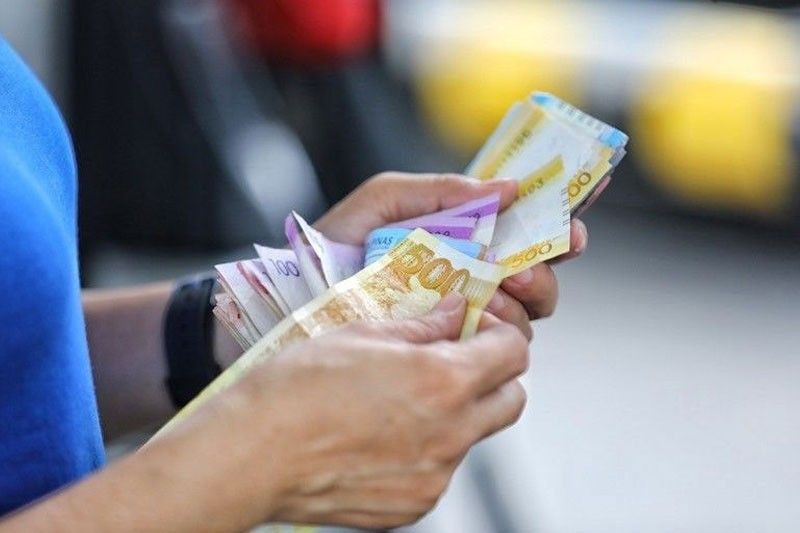Cross-border real-time payments soon in place

MANILA, Philippines — The Philippines expects cross-border real-time payments in Southeast Asia to start soon after the Bank for International Settlements (BIS) successfully linked several instant payments systems around the world.
BSP Governor Felipe Medalla lauded the BIS Innovation Hub Singapore Center and partners in Italy, Malaysia and Singapore for the successful completion of the Project Nexus Proof-of-Concept.
“The second phase enabled us to harness the potential of multilateral connectivity of fast payment systems among the first-mover countries in the ASEAN. Building on this momentum, we look forward to working with the BIS and our counterparts in ASEAN in the enhancement of cross-border real-time retail payments that can facilitate financial integration within the region,” Medalla said.
Project Nexus, which is a model for connecting national payment systems into a cross-border platform, is currently moving to the testing phase from the design phase.
It aims to make it easier for instant payment systems to connect to each other across borders, enabling cross-border payments in less than 60 seconds.
“With an expanding digital sector and remittances remaining to be important drivers of growth, the Philippines remains committed to its pursuit of necessary reforms for a more seamless global payments landscape. We believe this project is a concrete step in this direction,” the BSP chief said.
Under its Digital Payments Transformation Roadmap, the BSP aims to convert 50 percent of total retail payments to electronic channels and increase the number of Filipino adults with bank accounts to 70 percent by the end of 2023.
With the COVID-19 pandemic serving as catalyst, the share of digital payments to total retail transactions increased to 30.3 percent in 2021 from 20.1 percent in 2020, while the number of banked Filipino adults almost doubled to 56 percent in 2021 from 29 percent in 2019.
The Nexus prototype successfully connected the test instant payment systems of the Eurosystem, Malaysia and Singapore, allowing payments to be sent across the three using only mobile phone numbers.
In the next phase, BIS and the central banks of Indonesia, Malaysia, the Philippines, Singapore and Thailand will jointly work towards connecting their domestic instant payment systems through Nexus.
The year-long collaboration included the Bank of Italy, Central Bank of Malaysia (BNM) and Monetary Authority of Singapore (MAS), plus the payment systems operators PayNet and Banking Computer Services (BCS).
Test payments were initiated using only the mobile phone numbers or the recipients’ company registration numbers via the Euro?system’s TARGET Instant Payment Settlement (TIPS), Malaysia’s Real-time Retail Payments Platform (RPP) and Singapore’s Fast and Secure Transfers (FAST) payment system.
For the next phase of the project, Bank Indonesia, BNM, BSP, MAS and the Bank of Thailand will leverage experiences from phase I and Phase II of the project towards connecting their countries’ instant payment systems and facilitate cross-border transactions across a combined population of about 500 million people.
The Innovation Hub’s Singapore Centre will collaborate with these central banks to facilitate their design processes, as they aim to connect their domestic payment systems.
“I am thrilled at our success in connecting three national payment systems and the potential this indicates for Nexus. It paves the way for further development, and we look forward to collaborating with our partner central banks on the next phase of the project,” BIS Innovation Hub head Cecilia Skingsley said.
- Latest
- Trending






























